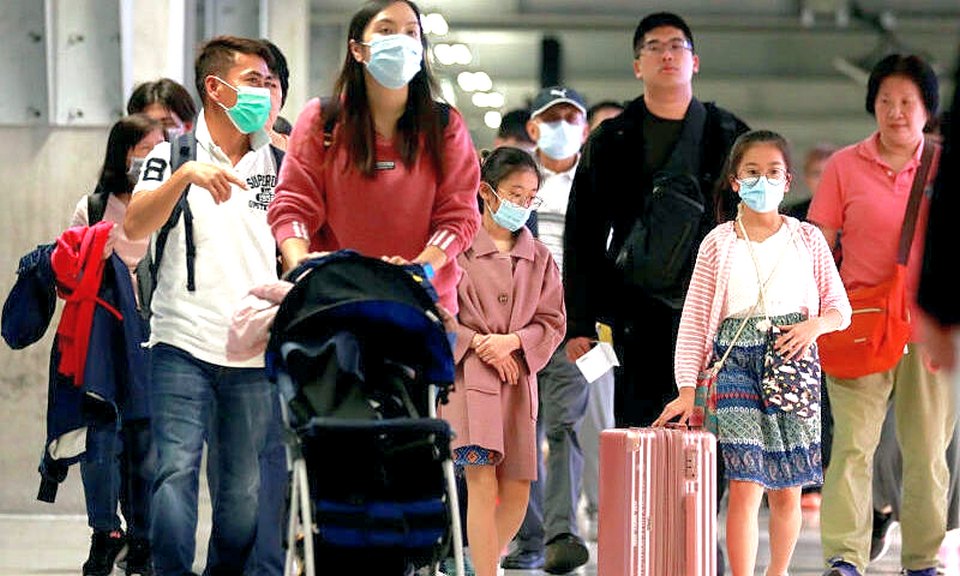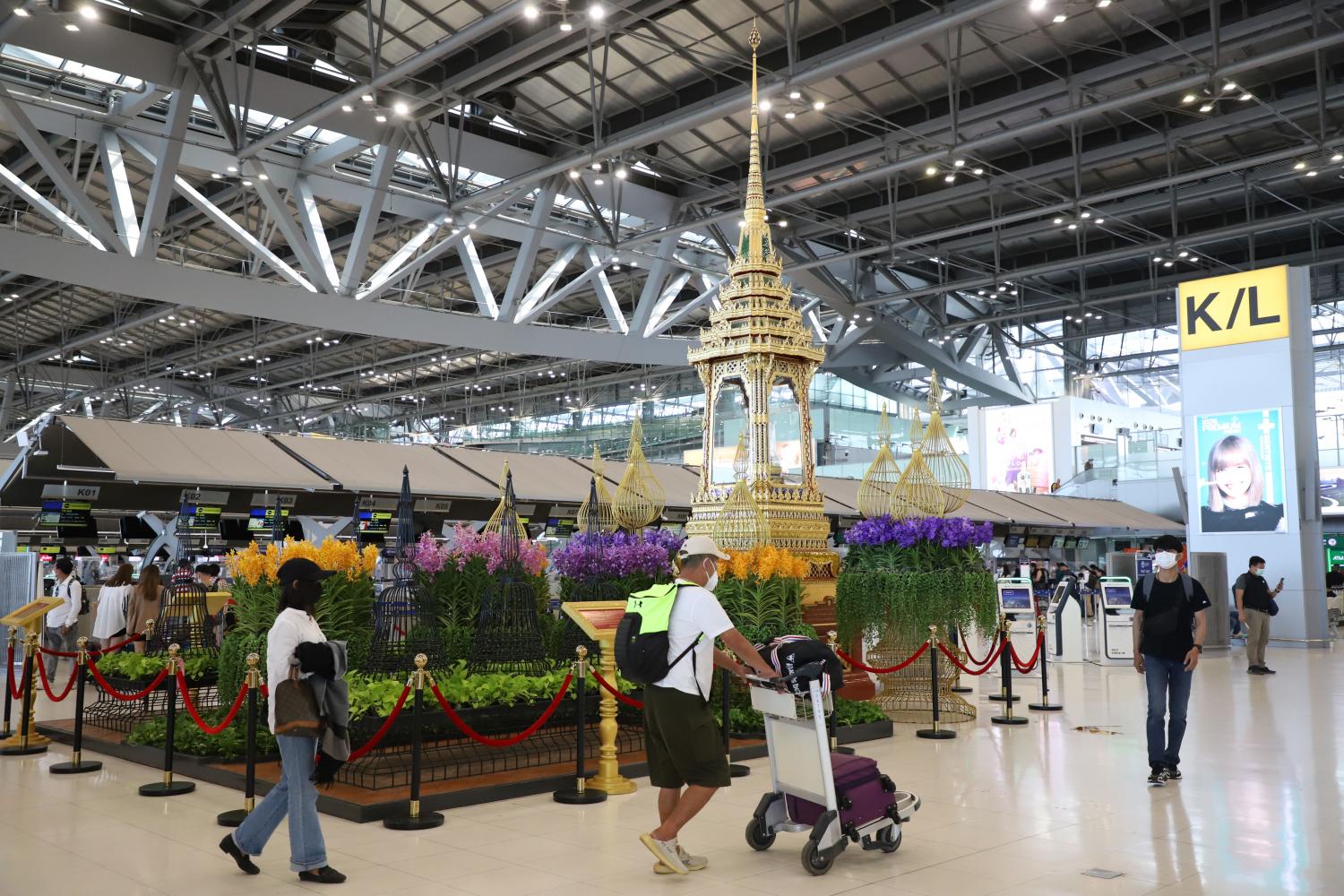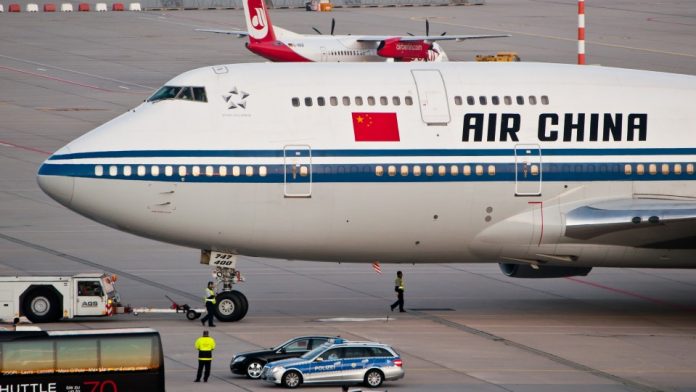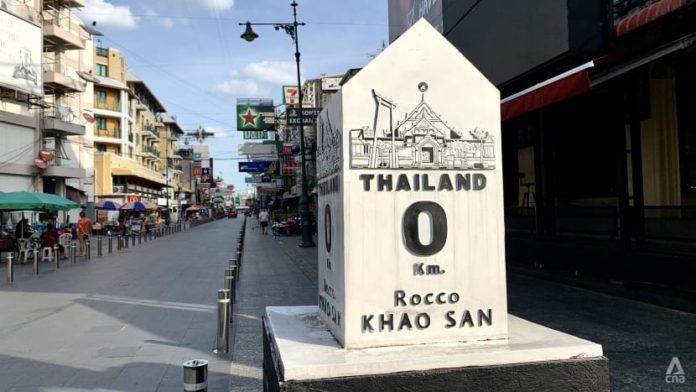

While people in the tourism and entertainment sector are celebrating China's announcement to reopen and allow outgoing travel, others have raised fears about the potential problems that could come with an influx of Chinese tourists. Some fear an overwhelming surge of Chinese tourists flooding Thailand's hotspots. Others worry that the healthcare systems in Thailand could be overburdened by the influx of tourists, especially amidst the massive Covid-19 outbreak China is currently experiencing.
China announced on Monday it will reopen its borders and abandon its strict Covid quarantine for travellers and mainland citizens on January 8. The announcement signals great news for Thailand as the kingdom continues to prosper from the worldwide relaxation of Covid restrictions. Before the pandemic, China was the No.1 source of international tourists for Thailand and many other countries in the region.
The Tourism Authority of Thailand said that if the Chinese definitely return to their pre-pandemic travel habits, the TAT will raise their target estimates for 2023 from 20 million to over 25 million international travellers. They estimated up to 500,000 people will flock to Thailand for the Chinese New Year holiday. They further expect between three and five million Chinese travellers in the kingdom throughout the year.
The TAT is meeting with the private sector today in what they called a recalibration of preparation and policy. After three years with reduced tourism and no Chinese tourist, the industry may be a bit rusty.
One major concern is the huge surge of Covid infections currently occurring in China. The government stopped announcing the number of infections after it was reported that about one million people a day contract Covid. TAT governor Yuttasak Supasorn vowed to consult with the Ministry of Public Health to address that issue and make sure that the healthcare system in Thailand is ready.
"The most important factor is not how many Chinese will return to visit Thailand, but helping the country avoid another Covid wave and keeping Thais safe."
Aside from Covid, the mechanics of travel may not be prepared for a huge jump in Chinese tourist arrivals. Flight capacity needs to be ramped up quickly to accommodate the demand. Hotels in some markets have been nearing capacity, but the promise of the returning Chinese tourist market may help resolve that issue by allowing closed properties to finally have the stability to reopen and guarantee income to fuel operations and staffing.
But staffing itself may be another issue as the hotel industry is still experiencing a labour shortage. With tourism the first sector to be a casualty of the pandemic and the last to reopen, many workers simply shifted industries and got new jobs. The president of the Thai Hotels Association said that hoteliers should be prepared to pay higher salaries and operation costs to get back off the ground.
Data suggests that a surge of Chinese travellers is imminent. Online travel platform Qunar saw a seven-fold increase in flight searches within 15 minutes of the reopening announcement. And while Japan and South Korea were popular, the second and third most searched destinations, Thailand topped the list of travel locations that were searched. Customers in Beijing, Shanghai, and Guangzhou also overwhelmed Tongcheng Travel, which recorded an 850% increase in international travel searches.



















